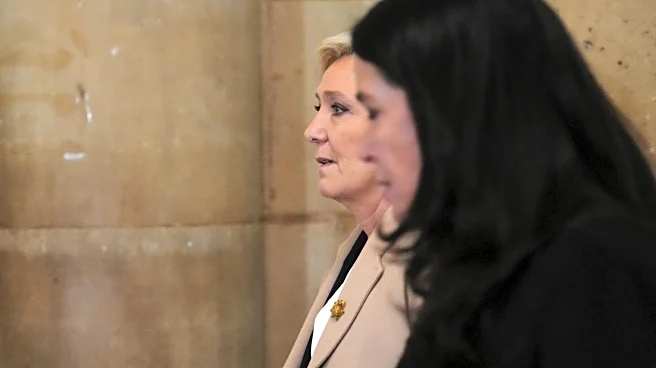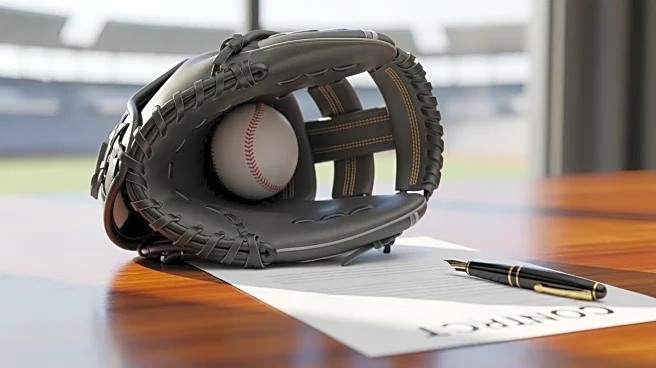Rapid Read • 8 min read
The White House Rose Garden, a site of historical significance, has undergone renovations under President Trump. The changes include paving a grassy area to resemble the patio at his Mar-a-Lago club. This renovation is the latest in a series of transformations the garden has seen since its inception. Originally designed by Rachel Lambert 'Bunny' Mellon during the Kennedy administration, the garden has served as a venue for diplomatic events, celebrations, and private moments. The garden's history dates back to the John Adams administration, with significant redesigns by Thomas Jefferson and first ladies Edith Roosevelt and Ellen Axson Wilson. President Kennedy envisioned the modern Rose Garden after a trip to Europe, and Mellon completed the project in 1962, drawing inspiration from various sources including the Frick Museum and National Park Service gardens.
AD
The renovation of the Rose Garden under President Trump highlights the ongoing evolution of a space that has been central to American political and cultural life. The garden has hosted significant events, including state dinners and diplomatic discussions, and has been a backdrop for presidential engagements with the press. The changes reflect President Trump's personal style and preferences, potentially altering the garden's historical ambiance. This renovation may influence how future administrations utilize the space, impacting its role in diplomatic and cultural events. The decision to pave the grass and install umbrellas similar to those at Mar-a-Lago could shift the garden's traditional aesthetic, affecting its perception as a symbol of American heritage.
Future administrations may continue to adapt the Rose Garden to suit their needs, potentially reversing or further altering President Trump's renovations. The garden's role in hosting diplomatic and cultural events will likely persist, with its design influencing the atmosphere of such occasions. Stakeholders, including historians and preservationists, may weigh in on the changes, advocating for the garden's historical integrity. The public and political leaders may debate the appropriateness of the renovations, considering the garden's significance as a national symbol.
The renovation of the Rose Garden raises questions about the balance between personal expression and historical preservation in spaces of national importance. The garden's transformation under President Trump may prompt discussions on the ethical considerations of altering historically significant sites. The changes could also reflect broader cultural shifts in how presidential spaces are perceived and utilized, potentially influencing future design choices in other areas of the White House.
AD
More Stories You Might Enjoy












